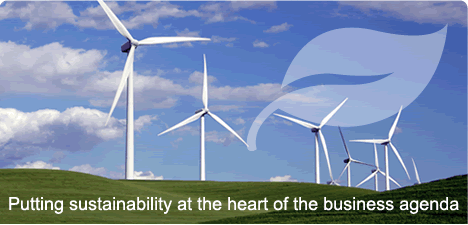Unilever is identified as the sustainability leader amongst the ten largest food and beverage companies, in a new ‘Tomorrow’s Value Rating’ of the sector. The rating uses publicly available information to assess how well companies manage the social and environmental impacts of the global food chain.
The results:
1. Unilever; 2. Nestlé; 3. Danone; 4. PepsiCo; 5. Coca Cola; 6. AB-InBev; 7. Kraft; 8. Heineken; 9. Tyson; 10. Kirin Holdings
Alex Nichols from sustainability consultancy Two Tomorrows, who led the research, says: “Most companies are now very aware of the major social and environmental issues that impact their suppliers, as well as their own business. Growing worries about the impacts of climate change and water scarcity encourage the industry’s efforts. Increasing numbers of potential customers in emerging markets also motivate companies to develop new products and distribution models for challenging socio-economic circumstances.”
Key findings include:
* The industry does better than other sectors in addressing water as a key issue alongside climate change
* Supply chain sustainability continues to present the industry’s biggest challenges
* Nestlé has the sector’s leading supply chain management approach. It purchases most of its dairy, coffee and cocoa direct from over 660,000 suppliers, resulting in financial benefits, better traceability and long-term security of supplies
* Danone has achieved first successes with an innovative new business model, a factory for nutrient-fortified yogurt in Bangladesh, supplied and distributed through local communities
* While food labelling is now mandatory in most mature economies, the expansion into emerging markets means this remains a critical issue. Leading companies are responding with global labelling standards for their products
* After some prominent water-related conflicts with communities, operational water usage has become a priority issue for beverage companies
* The sector stays largely silent on the issue of genetically-modified organisms.
